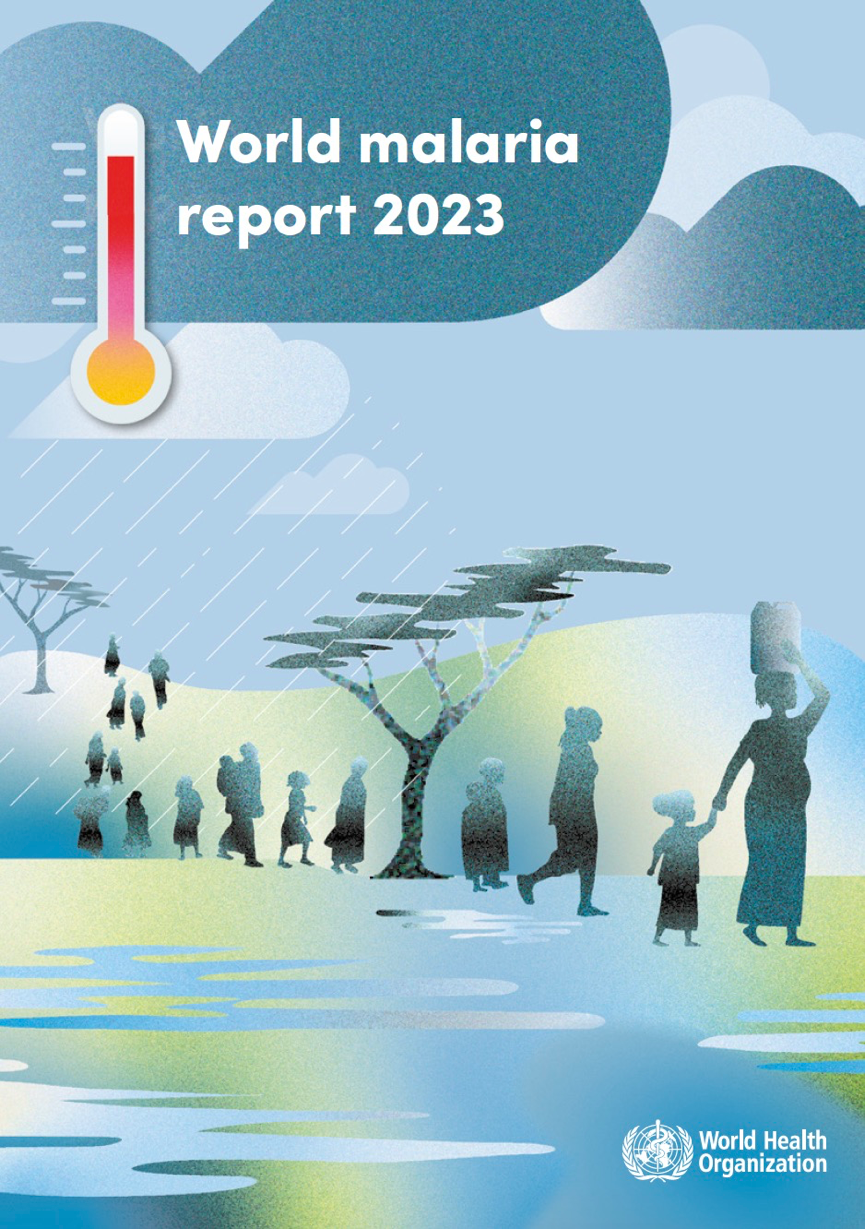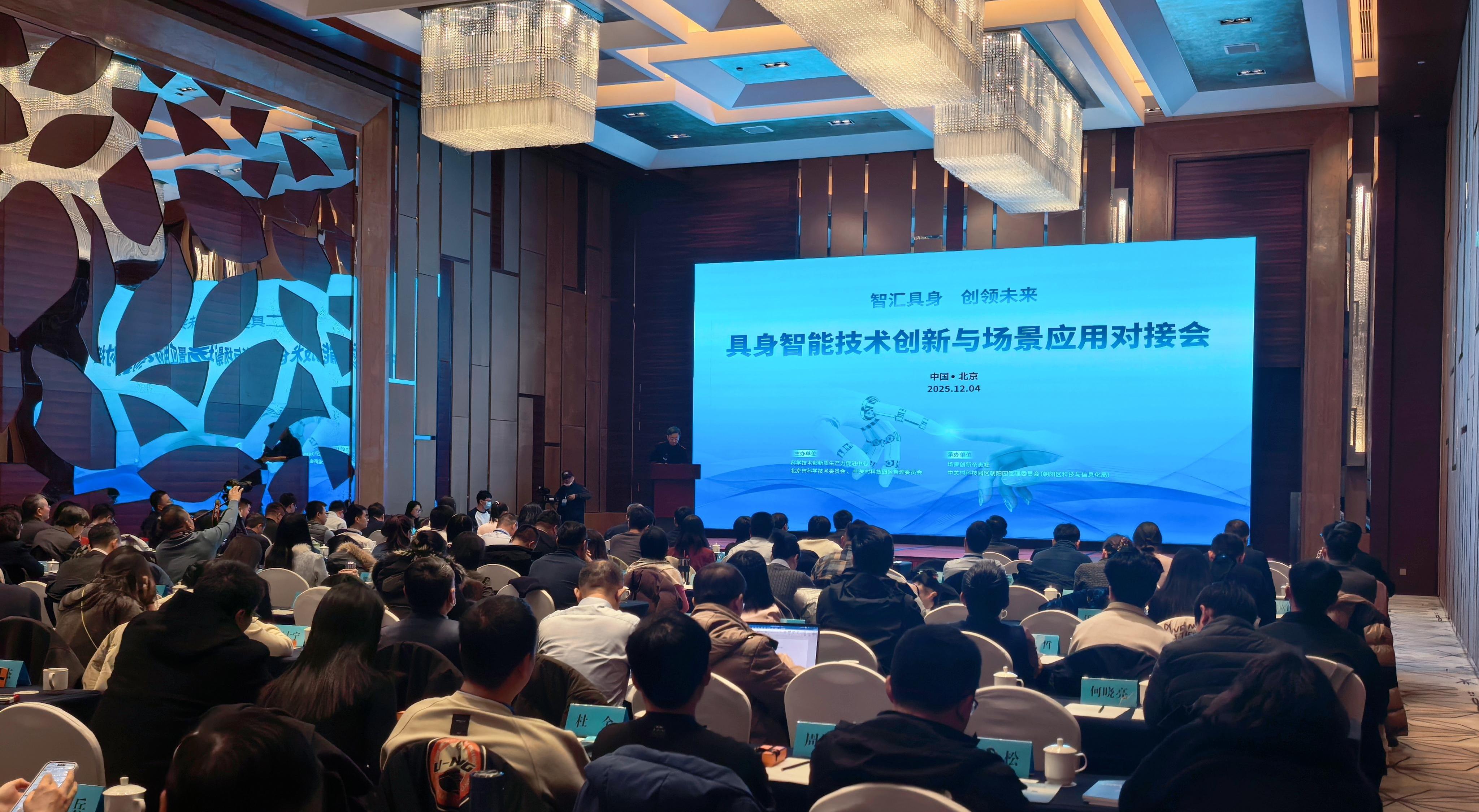WHO Calls for Urgent Innovation to Reduce Climate Change Impacts on Malaria Control

PHOTO: World Health Organization
By Staff Reporters
The World Health Organization (WHO) released the World Malaria Report 2023 (hereinafter referred to as "the Report") on November 30, which shows that there were an estimated 249 million malaria cases globally in 2022, exceeding 2021 and 2019's levels by five million and 16 million cases respectively.
This year, for the first time, the Report delves into the nexus between climate change and malaria in a dedicated chapter, pointing out that climate change is already exerting direct and indirect effects on malaria transmission and burden.
"The changing climate poses a substantial risk to progress against malaria, particularly in vulnerable regions. Sustainable and resilient malaria responses are needed now more than ever, coupled with urgent actions to slow the pace of global warming and reduce its effects," said WHO Director-General Dr Tedros Adhanom Ghebreyesus. The Report stresses that investments that will bring new vector control approaches, vaccines, diagnostics and antimalarial medicines will be needed to accelerate the pace of progress and attain global targets.
New progress: An estimated 2.1 billion cases averted, protection for pregnant women and children advances
Malaria, an acute infectious disease caused by plasmodium and transmitted through the bites of infected anopheles mosquitoes, is one of the world's biggest public health issues.
Globally, malaria case incidence and mortality rates declined by 28 percent and 50 percent, respectively, between 2000 and 2022, with an estimated 2.1 billion cases and 11.7 million deaths averted, according to the Report. Most of the cases (82 percent) and deaths (94 percent) averted were in the WHO African Region.
Meanwhile, there have been significant strides in preventing malaria in young children and pregnant women over the past year.
New challenges: Climate change directly or indirectly impacts malaria control, particularly for vulnerable communities
On November 27, WHO called on the 28th Conference of the Parties to the UN Framework Convention on Climate Change (COP28) to pay attention to the impact of climate change on health, in particular its impact on mosquito-borne infectious diseases.
Ideal mosquito breeding and survival conditions occur at temperatures ranging from 20°C to 27°C. Rising temperatures could make pleasantly cool areas where malaria is rare more hospitable to mosquitoes, leading to malaria epidemics.
Data collected over several decades shows that rising temperatures have already contributed to malaria transmission in African highland areas that were previously malaria-free, according to the Report.
Extreme weather events induced by climate change also directly impact malaria control. As the Report notes, extreme weather in Pakistan led to excessive rainfall and flooding in 2022. Post-flood standing water created ideal breeding grounds for mosquitoes, leading to an outbreak of malaria in the country and 2.1 million more malaria cases than in 2021.
The report notes that without substantial investment in efforts to reduce greenhouse gas emissions and climate-change-related adaptation measures, human health will suffer adverse consequences.
New tools: Innovative anti-malaria solutions emerge, but development and rollout need to be stepped up
The Report describes a range of new anti-malaria tools, such as the second safe and effective malaria vaccine (R21/Matrix-M), recommended by WHO in October 2023. The introduction of this vaccine will make scaling-up across Africa possible.
Given these challenges and pressures caused by climate change, the Report stresses the need for a substantial pivot in the fight against malaria, including increased resourcing, strengthened political commitment, data-driven strategies and innovative tools. Innovation should focus on the development of more efficient, effective and affordable products.
In 2021, China became the first country in the WHO Western Pacific Region to be certified malaria-free in more than three decades. Over the years, China has also been strengthening international cooperation to accelerate the development and rollout of innovative solutions.
Since 2021, the National Natural Science Foundation of China (NSFC) and the Bill & Melinda Gates Foundation have been jointly funding a series of innovative solutions for malaria vector control through international collaboration.
In addition, KPC Pharmaceuticals Inc's antimalarial drug D-ARTEPP, with support from the Bill & Melinda Gates Foundation, was recently prequalified by WHO. It adds a new source of antimalarial medicines to the international market.
China is also actively developing medicines for malaria. The Global Health Drug Discovery Institute (GHDDI) based in Beijing, in collaboration with international organizations Medicines for Malaria Venture and Malaria Drug Accelerator, is stepping up its research on a promising drug in its pipeline. It plans to reduce the currently required three doses to a single dose, addressing issues like medication compliance. The product also shows promise in combating drug resistance.







